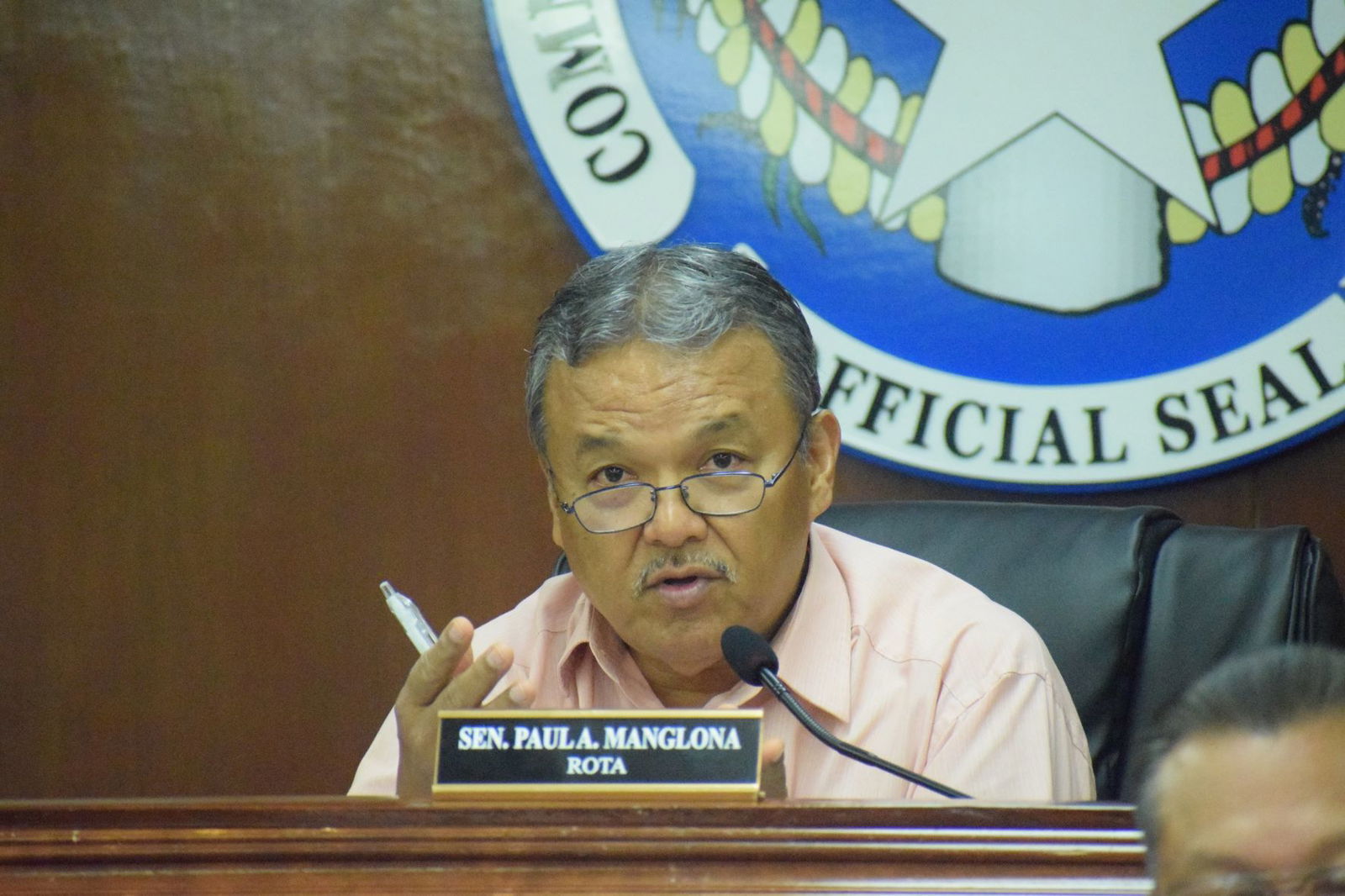
Paul A. Manglona
SENATOR Paul A. Manglona on Tuesday prefiled Senate Legislative Initiative 23-5 to allow ranked-choice voting in electing a governor and lieutenant governor in the CNMI.
In rank-choice voting, rather than choosing one candidate for governor and one candidate for lieutenant governor, voters would be allowed to rank all the candidates listed for each of the sought office in order of the voters’ preference.
Thus, in a three-way race, instead of marking one vote on the ballot for candidate A, B or C, the voter could express preferences among the three candidates for each of the offices by ranking them as choices No. 1, No. 2 or No. 3 on the same ballot.
Ranked-choice voting, which New York City adopted in 2019, involves a different process for tallying voters’ choices, S.L.I. 23-5 stated. All the voters’ first-choice votes would be tallied in the first round of counting by the Commonwealth Election Commission on Election Day as occurs now.
In a multi-candidate race, if candidates were to win more than half of the total votes cast in the first round, those candidates would be declared the winner. If no candidates received more than half of the total votes cast in the first round, then there would be a second round of counting. The candidates in the last place after the first round would be eliminated, and the second place-choice votes of the voters who preferred the eliminated candidates would be distributed to their second-choice candidates.
In a three-way race, only two sets of candidates would continue to the second round, and the candidates with more than half of the total votes cast after the second round would win. If there were four or more candidates in the race, the process might need to go to a third round of counting.
A voter’s first choice would continue to be counted in each round unless those candidates had been eliminated at which point the voter’s next ranked choice who had not been eliminated would be counted. This process would continue until only two sets of candidates were left in the final round, or until candidates received more than half of the total votes cast.
According to Manglona, conducting a runoff election for governor and lieutenant governor is costly for the CEC. Also, he said, runoff elections do not provide adequate time for off-island voters to cast their vote, which delays the final election results and shortens the transition period for a new administration.
He said ranked-choice voting is a “new, innovative and cost-efficient voting alternative that will save money and time, as well as promote clean campaigning between rival candidates and political parties.”
A legislative initiative is a proposal to amend the Constitution. It must be passed by the affirmative vote of three-fourths of the members of each house present and voting. A legislative initiative may not be vetoed by the governor, but it must be approved by voters.











